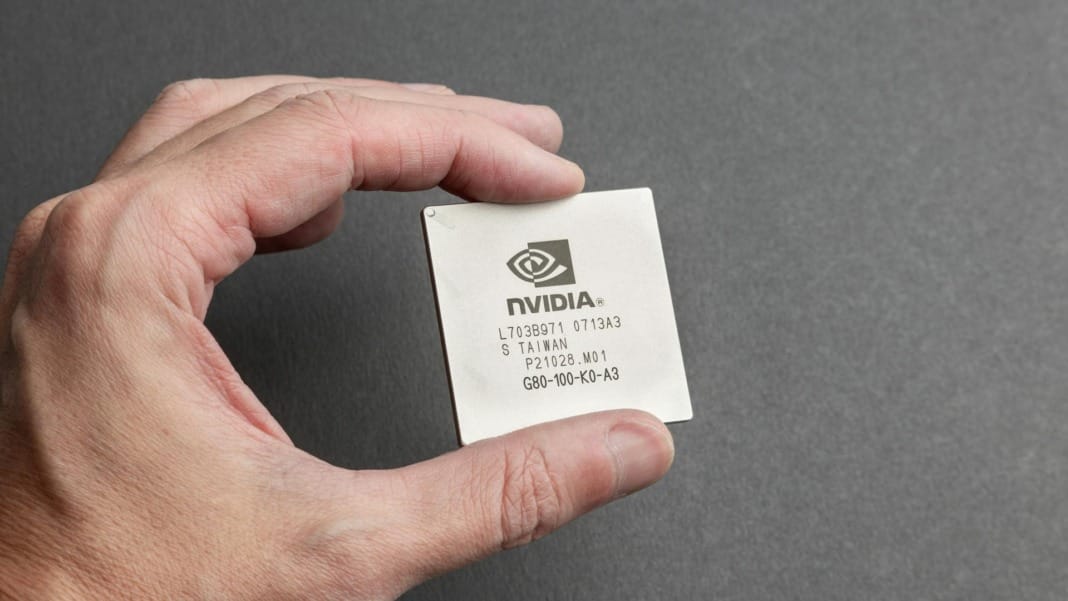In a move that’s set to shake up the mobile gaming landscape, Epic Games has announced its plans to bring its famous Epic Games Store to Android devices. This announcement comes hot on the heels of their intentions to launch a similar store on iOS, marking a significant step towards creating a “true multi-platform store.” Originally shared in a post on Twitter/X, the move by Epic is poised to challenge the current dominion of Google’s Play Store on Android devices.
A fair deal for developers
What sets the Epic Games Store apart on Android, according to Epic, is its commitment to offering “the same fair terms” to all developers that it does on its PC platform. This approach means that developers will retain 88% of the revenue generated from their games, with Epic taking a modest 12% cut. This revenue share model starkly contrasts with Google’s Play Store, where the tech giant takes up to a 30% cut—though it was adjusted to 15% on the first US$1 million in revenue in 2021. Additionally, the introduction of Android 12 has improved the functionality of third-party app stores, potentially making Epic’s entry smoother.
Epic’s strategy underscores its vision of a game-focused, multi-platform store that spans Android, iOS, PC, and macOS. This unified store promises to extend the same favourable revenue terms to mobile developers, alongside other benefits like the ability to keep 100% of in-app purchase revenue through their payment systems. This ambitious plan highlights Epic’s drive to support developers’ success across platforms.
Games and expectations
While the exact roster of games to feature on the Android version of the Epic Games Store remains under wraps, it’s a safe bet that Fortnite, a title distributed via Epic’s own launcher since 2019, will be among the offerings. The company has yet to unveil the final design of the store, stating that the images shared are conceptual.
As for the launch timeline, Epic has teased that the store is expected to debut “later this year,” keeping gamers and developers alike on their toes. The rollout on iOS has experienced its share of ups and downs, with Apple briefly reinstating and then terminating Epic’s account over a tweet before reinstating it again.
What’s next for Epic?
As the gaming community eagerly awaits further details on this development, the implications of the Epic Games Store’s expansion into mobile platforms are far-reaching. Epic is positioning itself as a formidable challenger to established app stores by championing fair revenue shares and supporting developers with a multi-platform approach. The move also signals a broader shift towards more equitable business models within the digital ecosystem, promising exciting times for developers and gamers.





